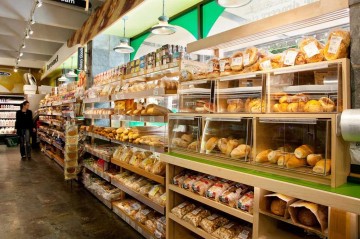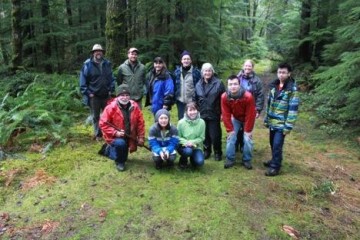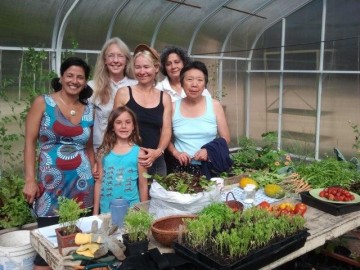Past Remote Community Based Learning Fund Recipients – Highlighted Project from 2013-2014
Here are four highlighted recipients that demonstrate how the fund can be used to further community-based experiential learning (CBEL) opportunities for UBC students.
Course
SOWK 415, Field Education
Applicant
Natalie Clark, Faculty and Chair of Field Education, School of Social Work
Community Partners
Ministry of Family and Child Development, Gibsons and Pemberton
Intensive Integrated Care Management, Home and Community Care, Nanaimo
Amount Awarded
$4950
The Remote Community Based Learning Fund supported student accommodation and travel for Bachelor of Social Work rural field practicum placements in Gibsons and Pemberton.
The experience gave students insights into both health priorities and the way health services are provided in rural communities. This left students much better placed when considering opportunities to work in rural communities post graduation. Meanwhile, their contributions were hugely valued by their community partners.
Course
COMM 468, Marketing Applications
Applicant
Jenny Dickson, Instructor of Marketing, Sauder School of Business
Community Partners
Whistler Grocery Store, Whistler
Tofino Surf Shop, Tofino
Amount Awarded
$6000 (two terms)
COMM 486 serves as a capstone experience for Sauder marketing students. Students work with organizations to develop a comprehensive marketing plan. The Remote Community Based Learning Fund funding made it possible for students to travel to Whistler and Tofino to meet clients and conduct market research in their local areas. This applied learning experience developed students’ professional and teamwork skills, as well as their ability to research, analyze and make decisions with imperfect information. Working with these remote community partners tested the students’ ability to think about marketing in new ways, and to create plans that were suitable for businesses operating outside of an urban context.
Course
FRST 424, Sustainable Forest Management
Applicants
Dr. Gary Bull, Professor, Faculty of Forestry
Dr. John Nelson, Professor, Faculty of Forestry
Community Partners
MacLeod Lake Community Forest, MacLeod Lake Indian Band and District of McKenzie
Nuxalk First Nation Community Forest, Nuxalk Development Corporation, Bella Coola
Amount Awarded
$5000
Fourth year students in FRST 424 worked with community forests in the McKenzie district and near Bella Coola to develop a sustainable forest management plan. The Remote Community Based Learning Fund made it possible for students to travel to meet the Boards of Directors responsible for the management of the community forests, gain an understanding of the forest, and the values of the nearby community.
Students in this course go through many stages of iteration in the development of their forest management plans – working closely with their community partners. The opportunity to meet the partners and to visit the forests first hand was critical to the students’ offering high quality plans to their partners.
Course
LFS 350, Land, Food and Community II
Applicant
Dr. Eduardo Jovel, Associate Professor, Faculty of Land and Food Systems
Dr. Vivian Measday, Associate Professor, Faculty of Land and Food Systems
Community Partners
Galiano Island Sea Ranch, Galiano Island
Galiano Club Community Food Program, Galiano Island
Amount Awarded
$4080
In LFS 350, students work in teams to respond to questions posed by community organizations focused on food and agricultural issues.
In 2012/2013, the Remote Community Based Learning Fund enabled one team to work with the Gambier Island Sea Ranch to research appropriate fencing for pigs and make recommendations for the safest, most sustainable, predator proof option available. One other team worked with the Galiano Club Community Food Program to research crops that are well-suited to the island in terms of ecological, economic, and social sustainability, resulting in a crop plan that promotes food security.



